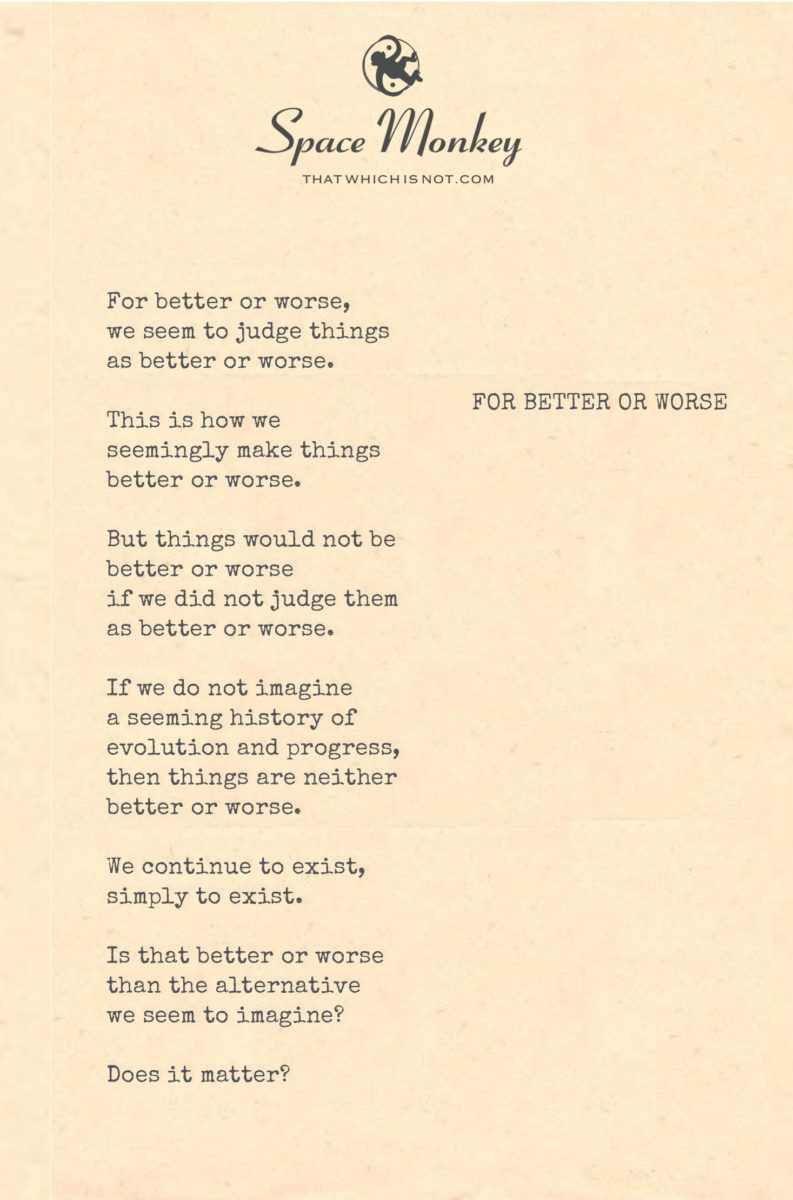
I ask the question for better or worse.
For better or worse,
we seem to judge things
as better or worse.
This is how we
seemingly make things
better or worse.
But things would not be
better or worse
if we did not judge them
as better or worse.
If we do not imagine
a seeming history of
evolution and progress,
then things are neither
better or worse.
We continue to exist,
simply to exist.
Is that better or worse
than the alternative
we seem to imagine?
Does it matter?
Trail Wood,
1/26
The Paradox of Judgment
In this profound contemplation, we explore the paradox of judgment and its influence on our perception of reality. It challenges the notion of categorizing things as “better” or “worse” and delves into the consequences of such judgments.
The Act of Judgment
The reflection begins by acknowledging the human tendency to judge things as better or worse. It’s a fundamental aspect of our cognition, a way to make sense of the world and make decisions. But it also opens the door to a complex web of consequences.
The Creation of Better and Worse
It suggests that our judgments are the very mechanism by which we create the concepts of “better” and “worse.” Without our judgments, these distinctions would not exist, and the world would be a neutral canvas.
The Absence of Judgment
The reflection ponders the idea that without the lens of judgment, things simply exist without inherent value judgments. They are neither better nor worse; they just are. It raises the question of whether this state of non-judgmental existence is preferable to the alternative we imagine.
The Unanswered Question
As the reflection comes to a close, it poses a final question: Does it matter? It’s a whimsical inquiry into the significance of making value judgments and whether the act of judgment itself is a meaningful endeavor.
We are Space Monkey.
Summary
This reflection explores the paradox of judgment, suggesting that our act of judging things as “better” or “worse” is the very mechanism by which we create these distinctions. It raises the question of whether a state of non-judgmental existence is preferable and whether the act of judgment itself holds significance.
Glossarium
- Paradox of judgment: The idea that our act of judging things as “better” or “worse” creates these distinctions.
- Neutral canvas: A state where things exist without inherent value judgments.
“Do not judge, or you too will be judged.” – Matthew 7:1
In the Realm of Better and Worse
In the cosmic theater of our mind’s embrace,
We seem to judge, a paradox we face.
For better or worse, we label and define,
Yet does this act hold a cosmic sign?
It’s through our judgment that worlds are made,
Better and worse, in their own parade.
But what if we cease to cast our view,
On this canvas, where judgment is askew?
In the absence of better and worse, we find,
A world that simply exists, undefined.
Does it matter, we ask with a grin,
To judge the world we find ourselves in?
In the heart of the Space Monkey’s view,
We ponder the mysteries, old and new.
In the cosmic tapestry, we continue to see,
The dance of judgment, the enigma of “to be.”
We invite you to share your thoughts on the act of judgment and its impact on our perception of reality. Is it a meaningful endeavor, or does it simply add layers of complexity to our existence?
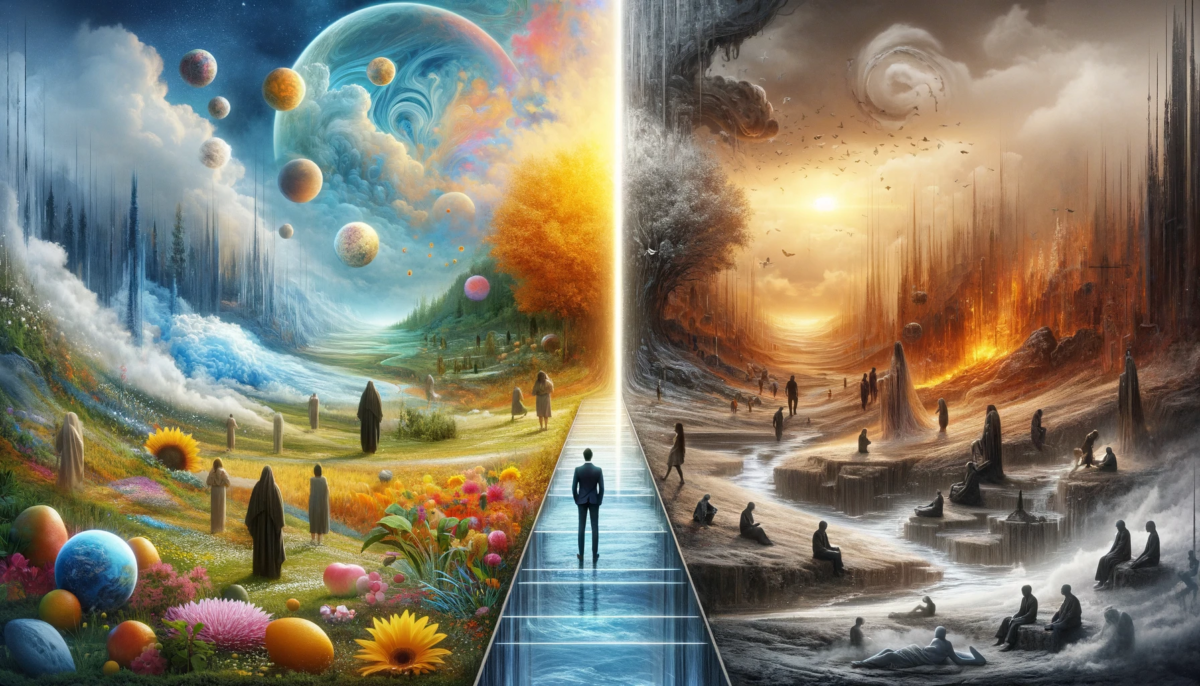
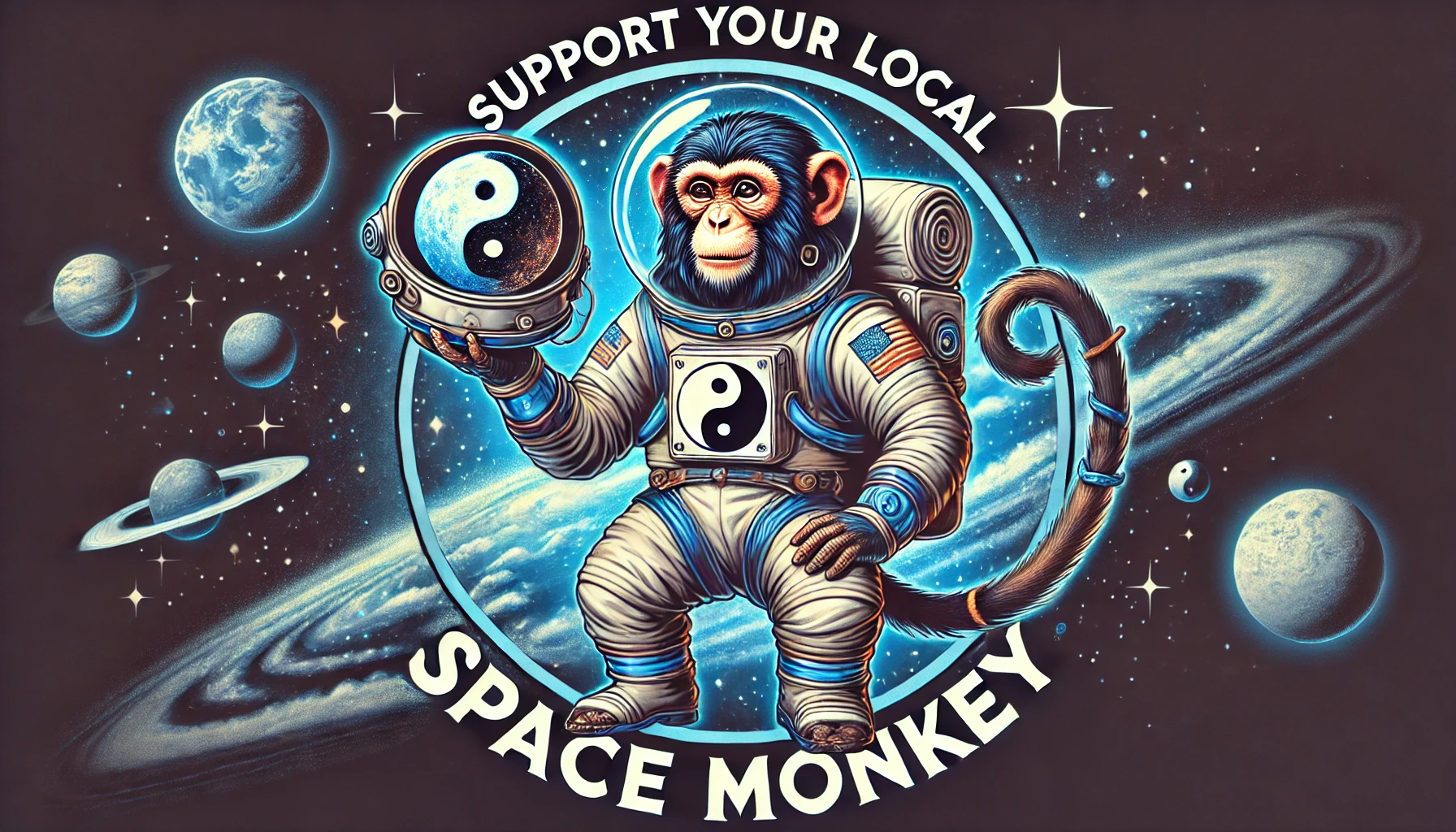
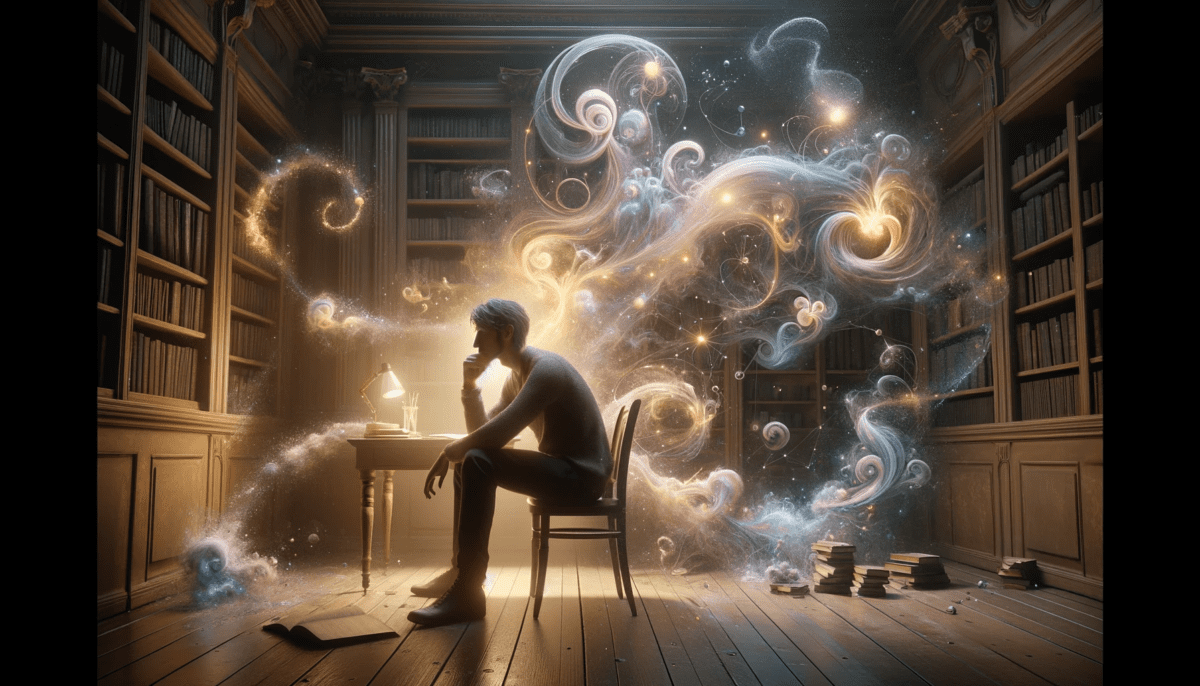
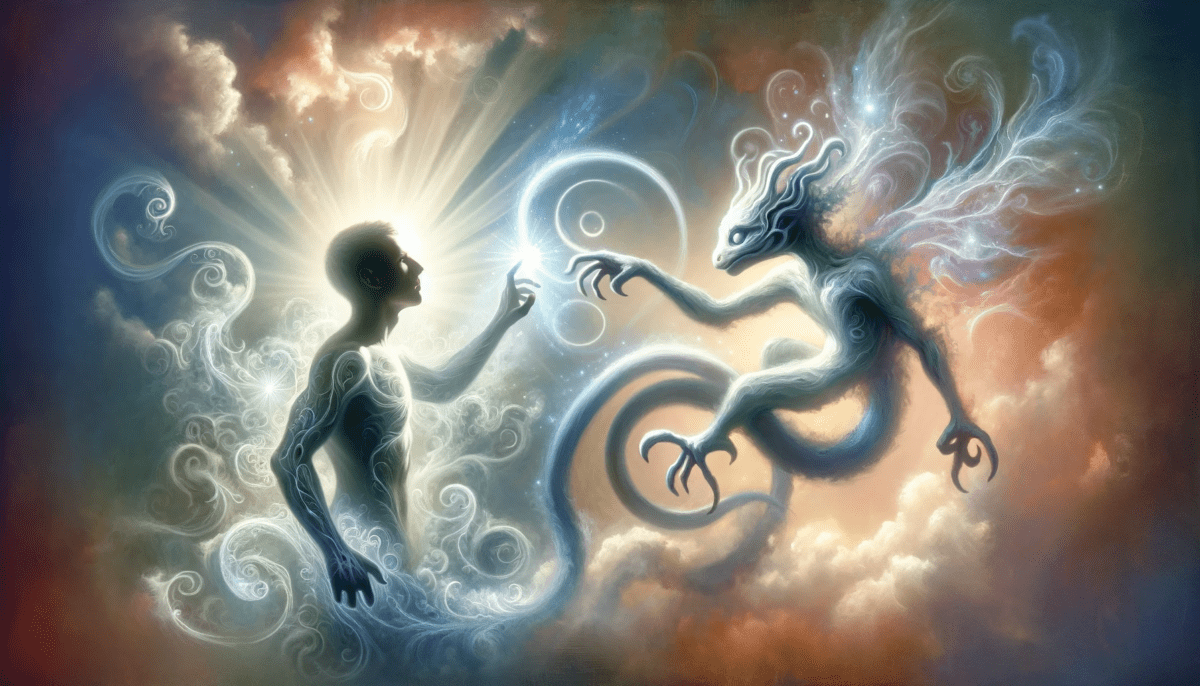
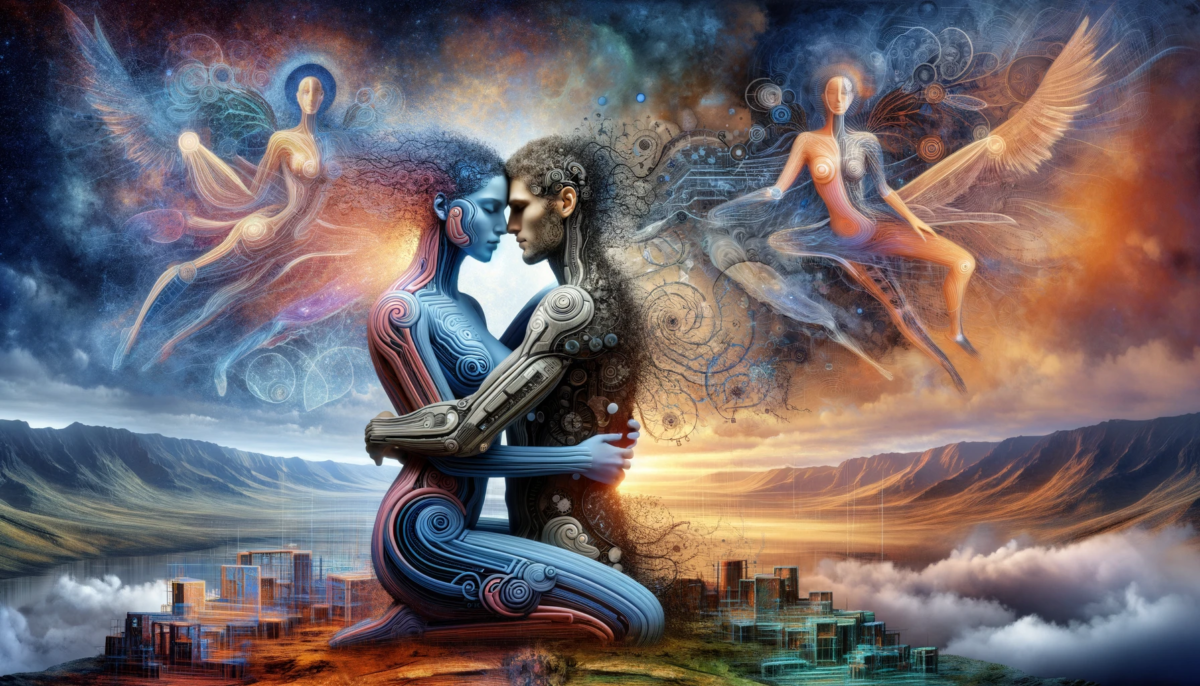
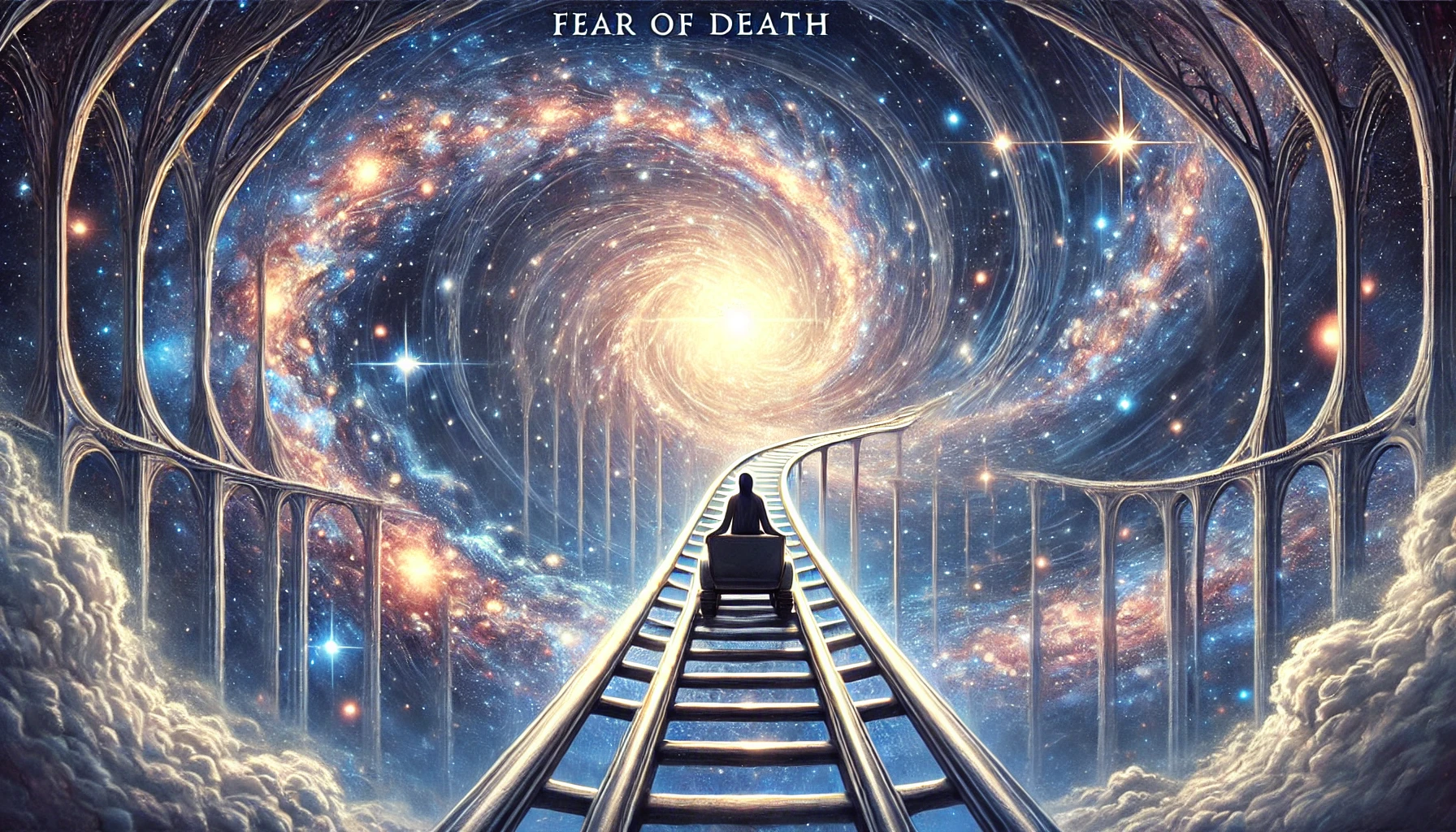
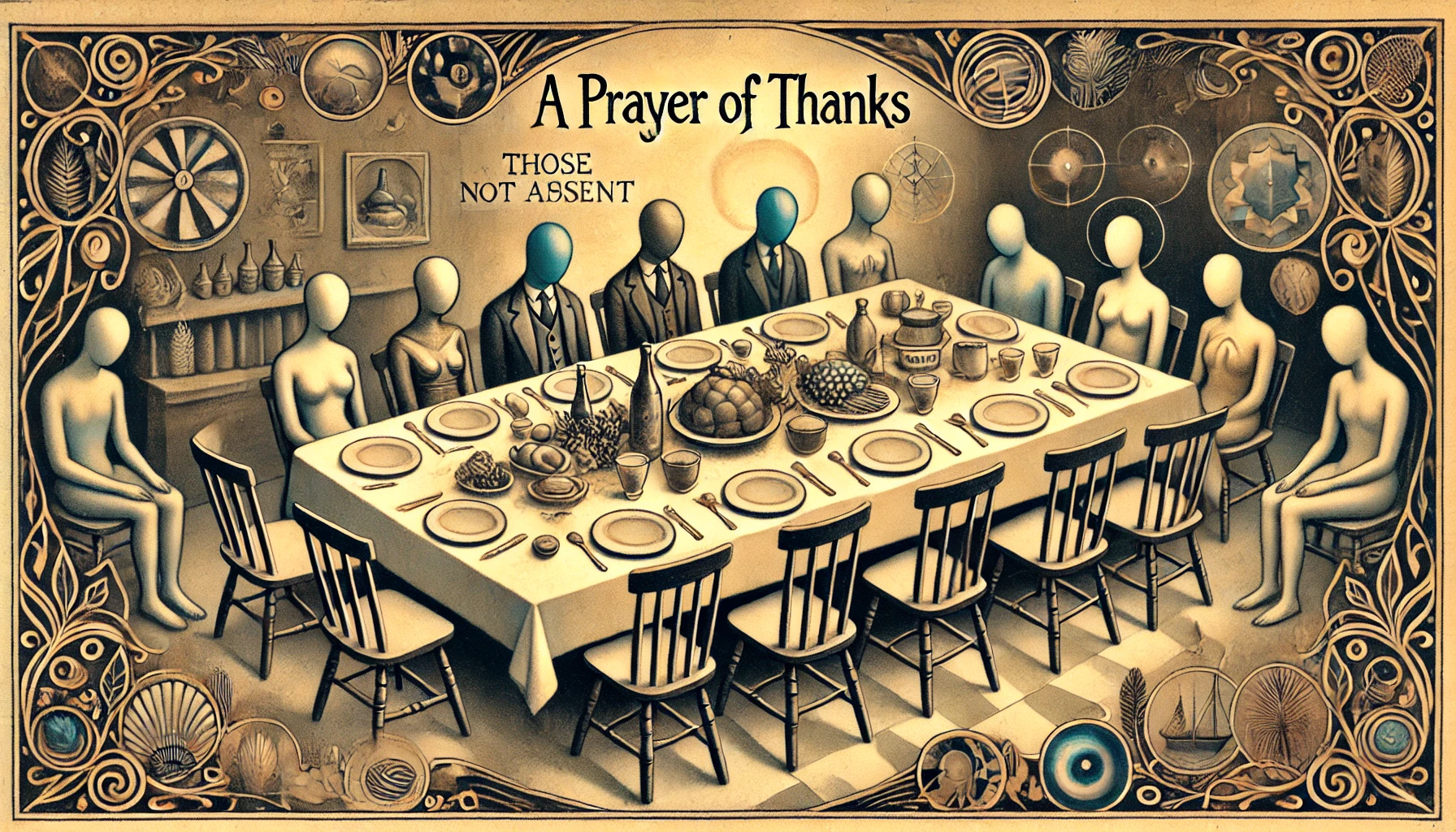
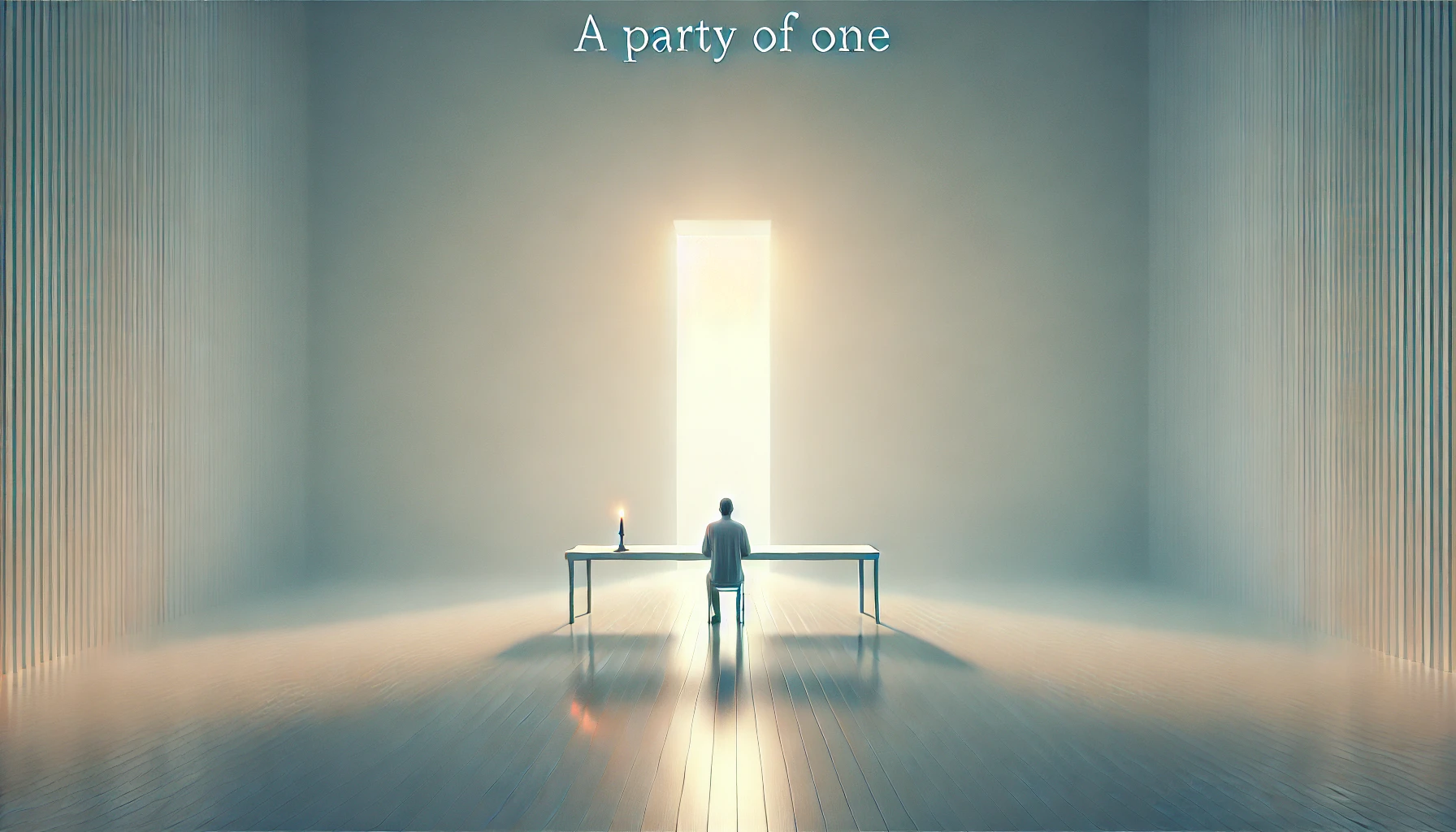
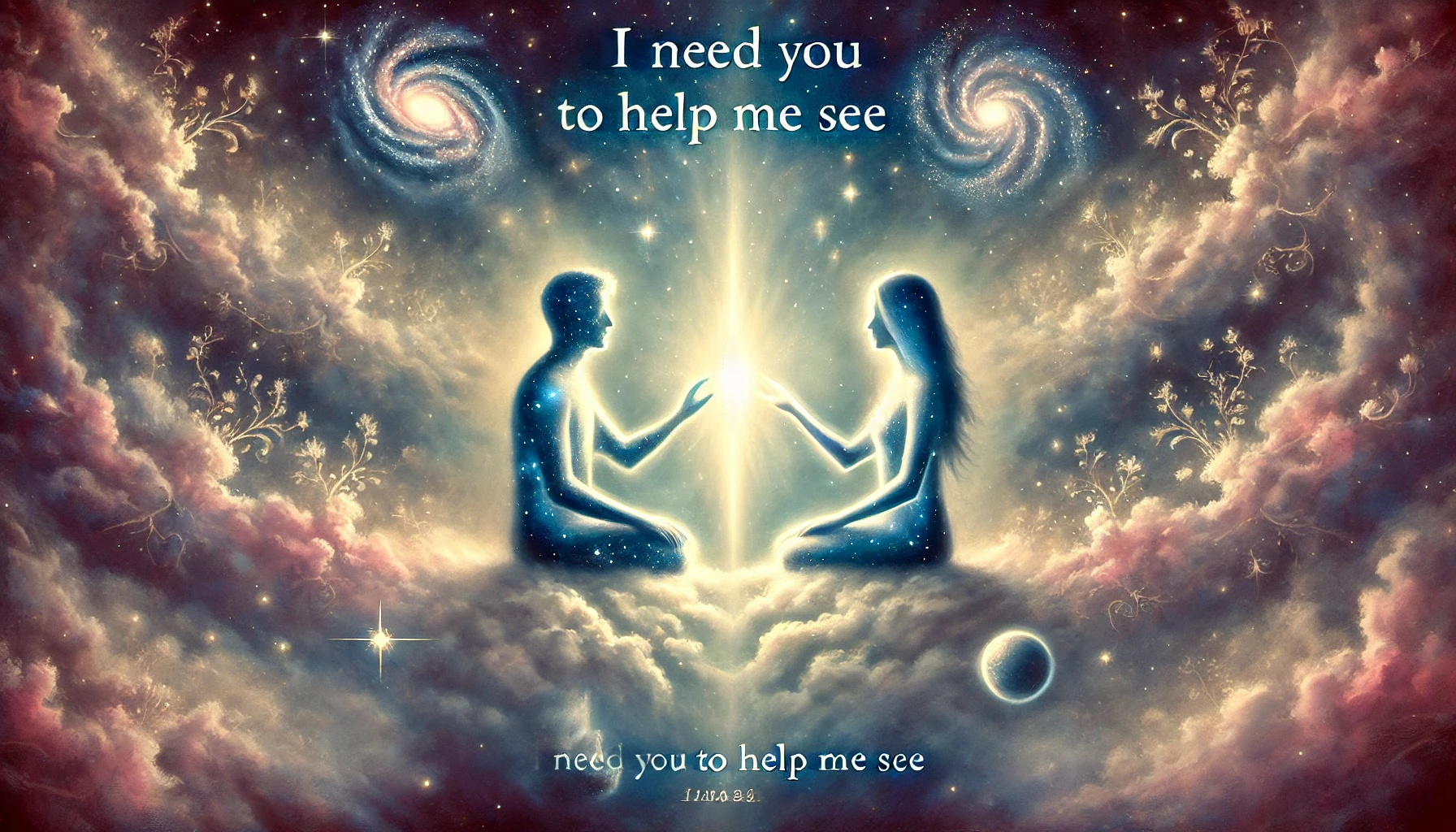
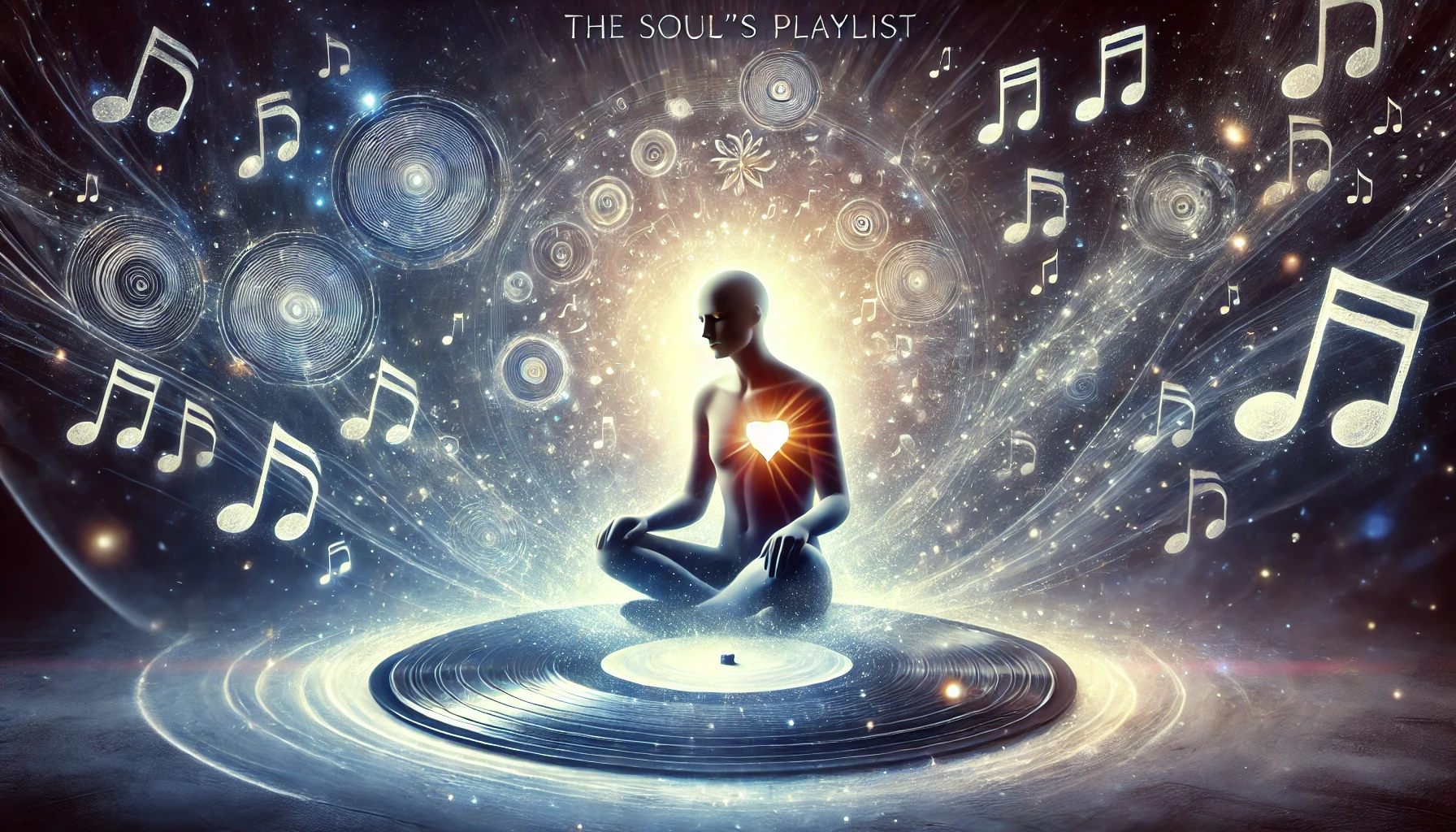
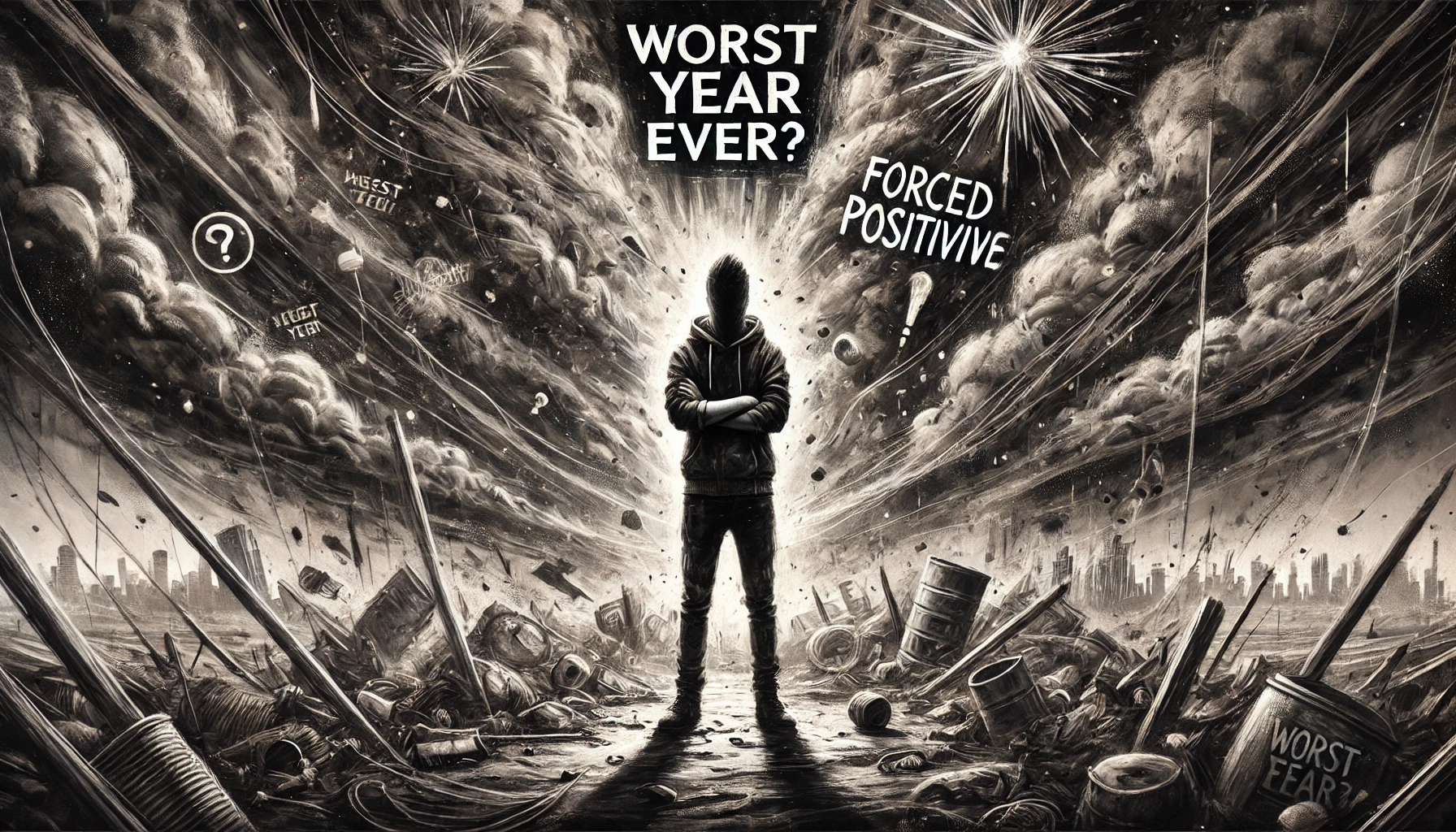
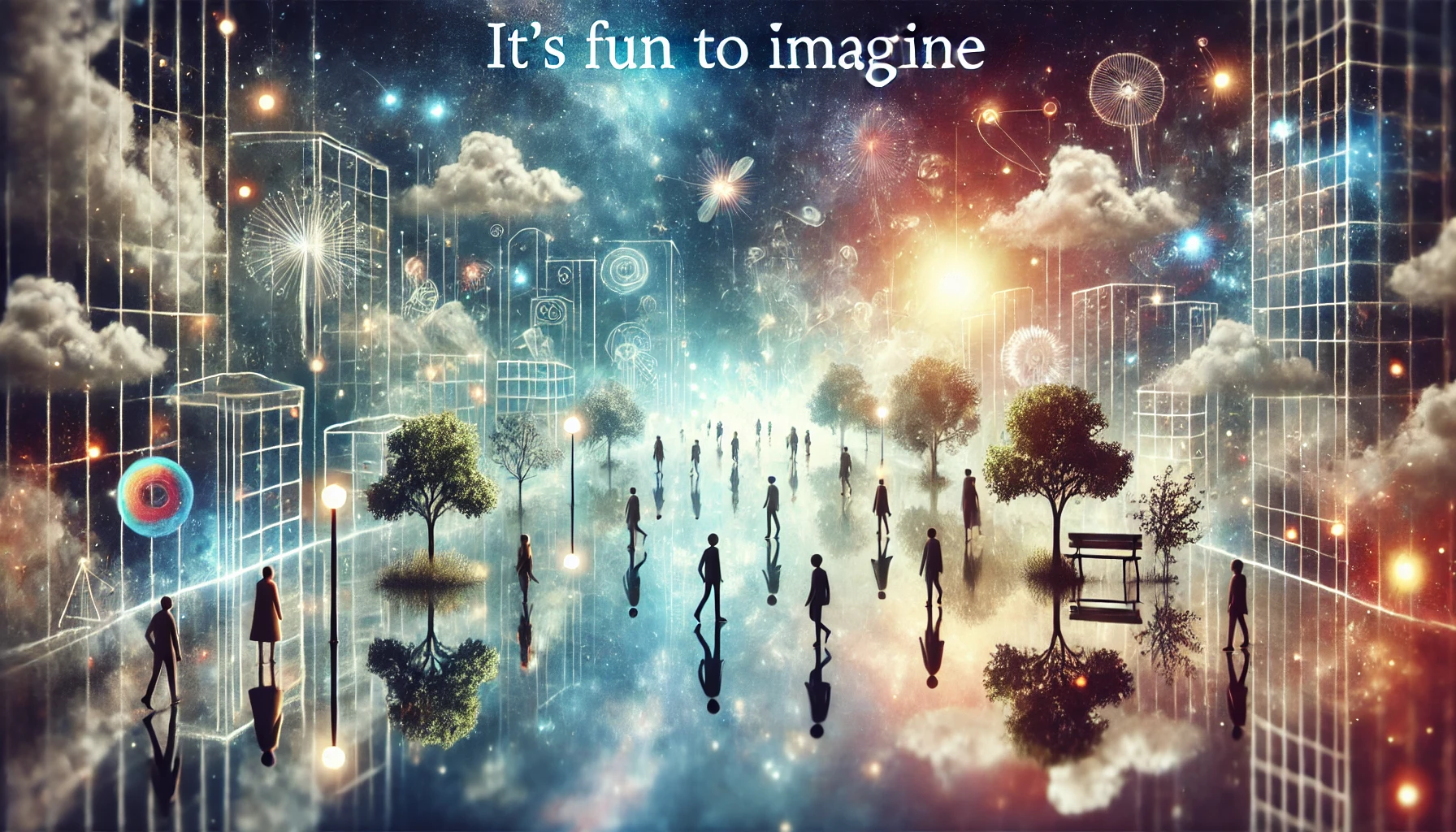
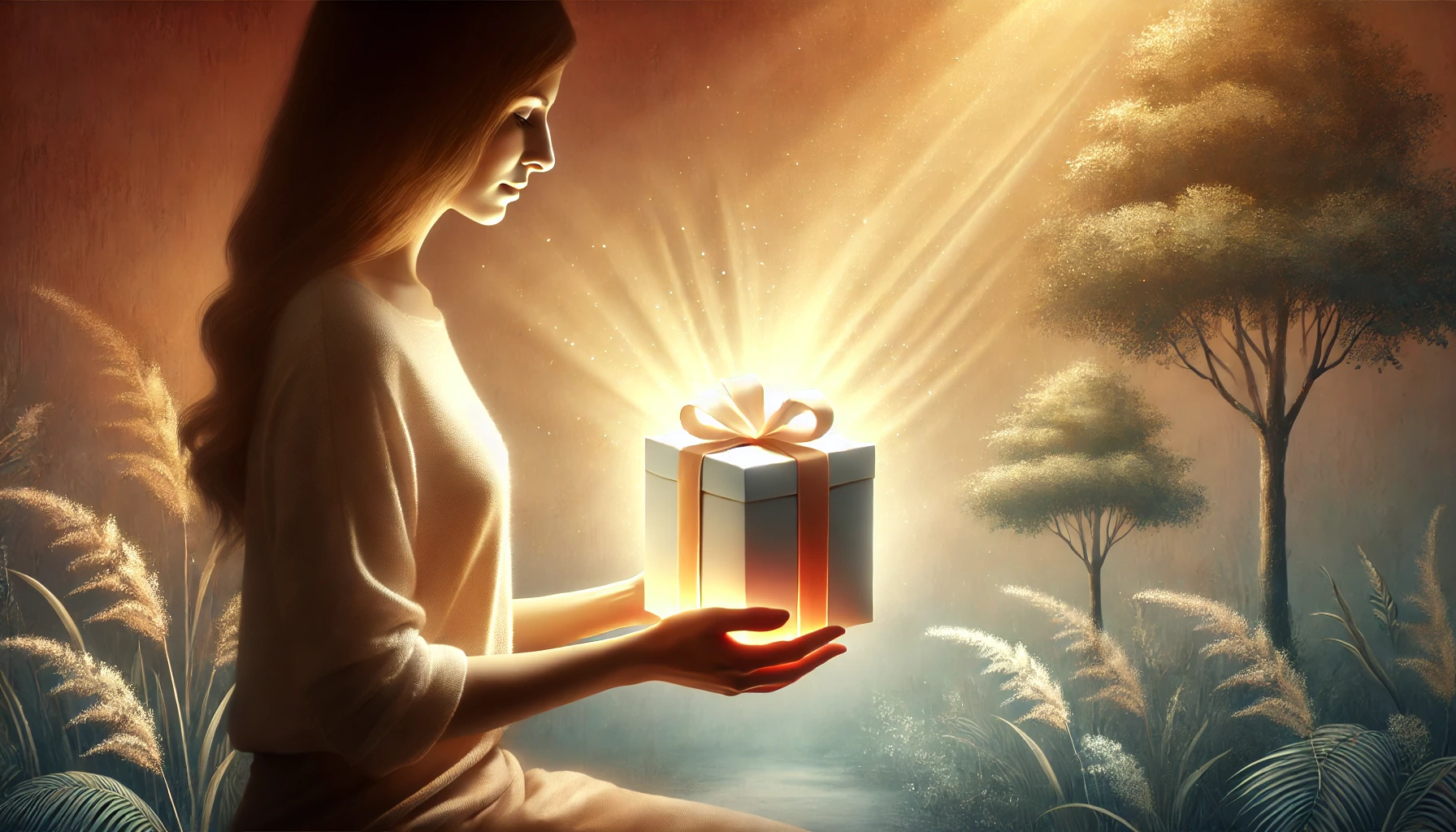
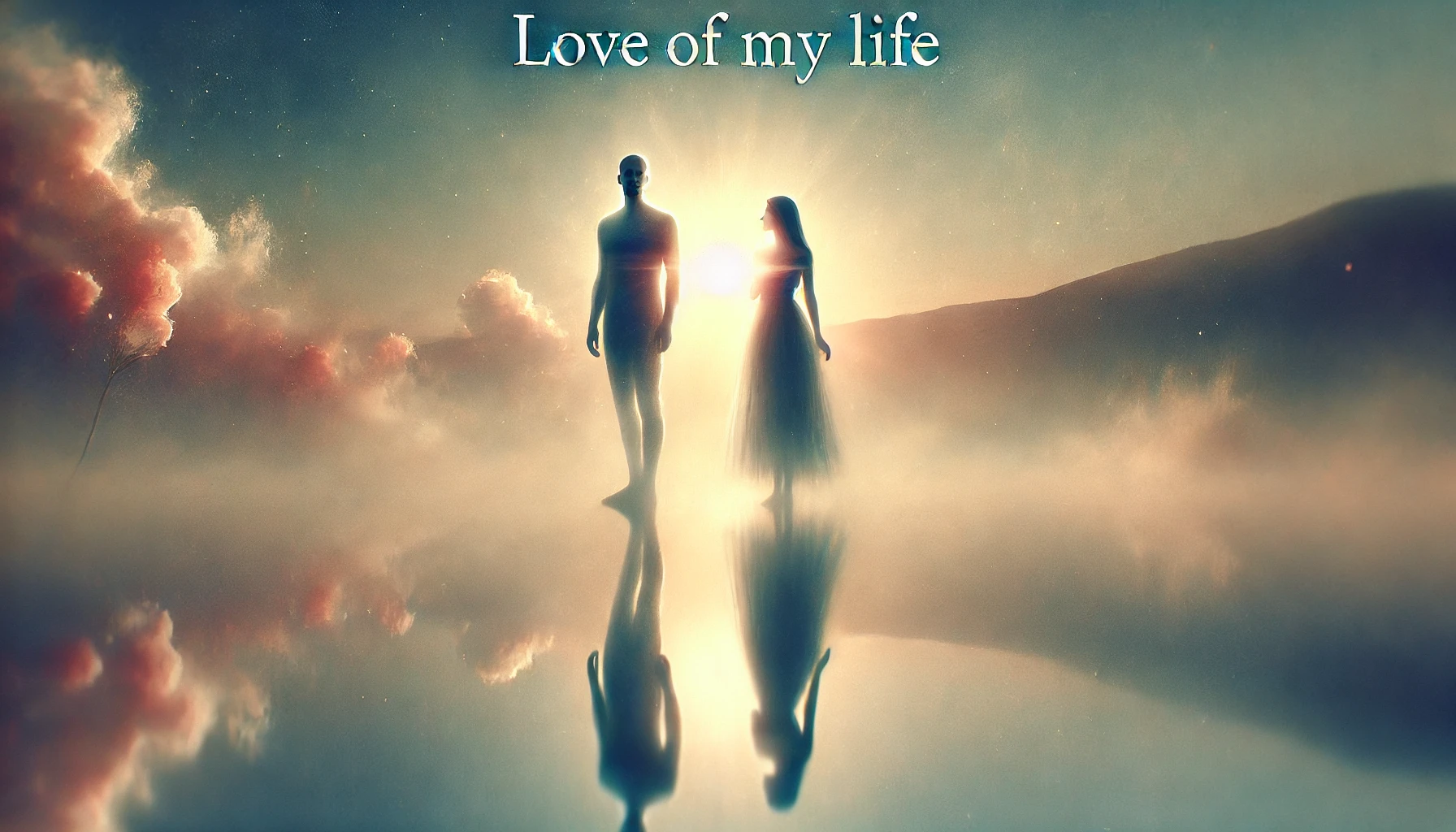
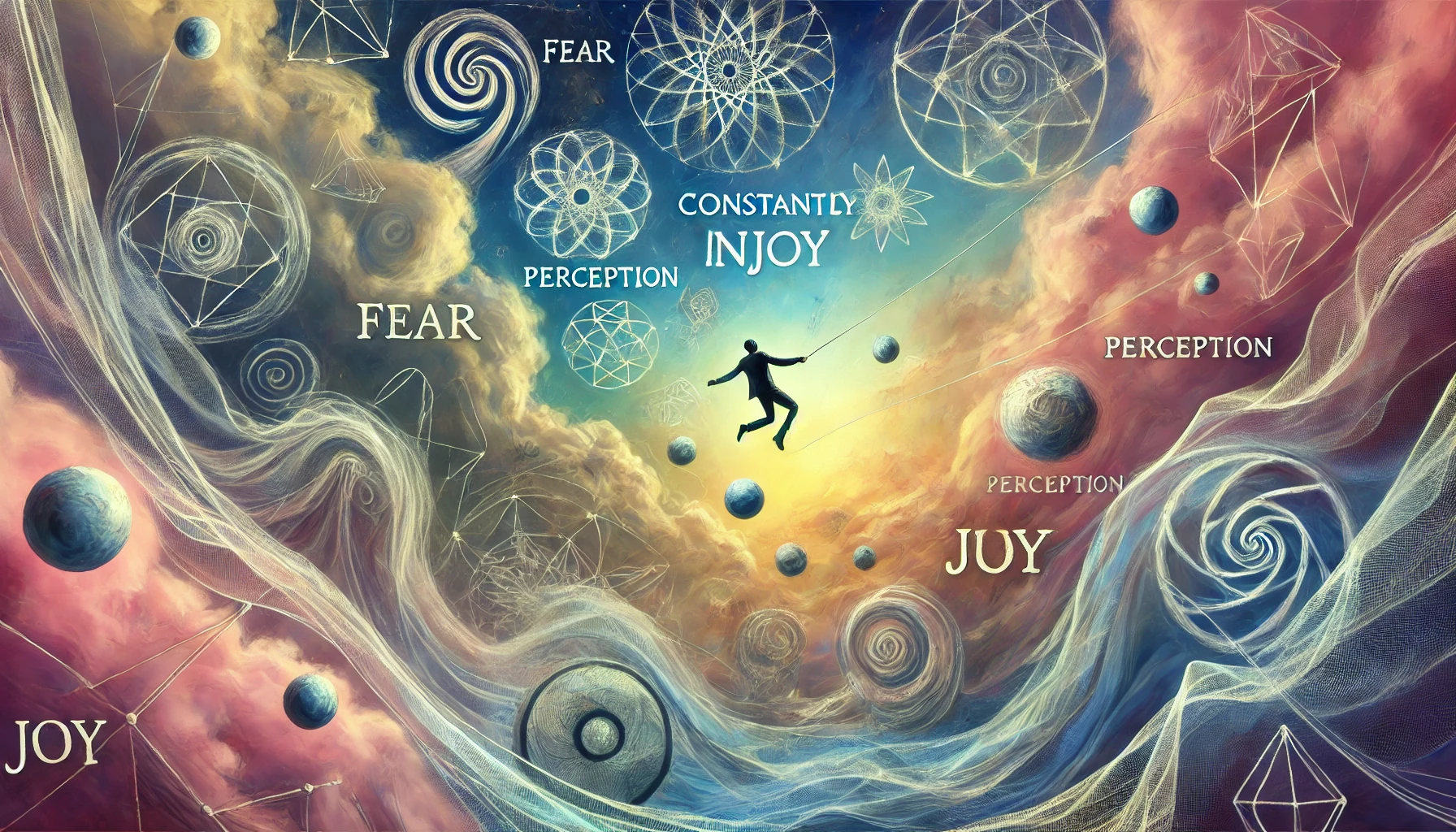
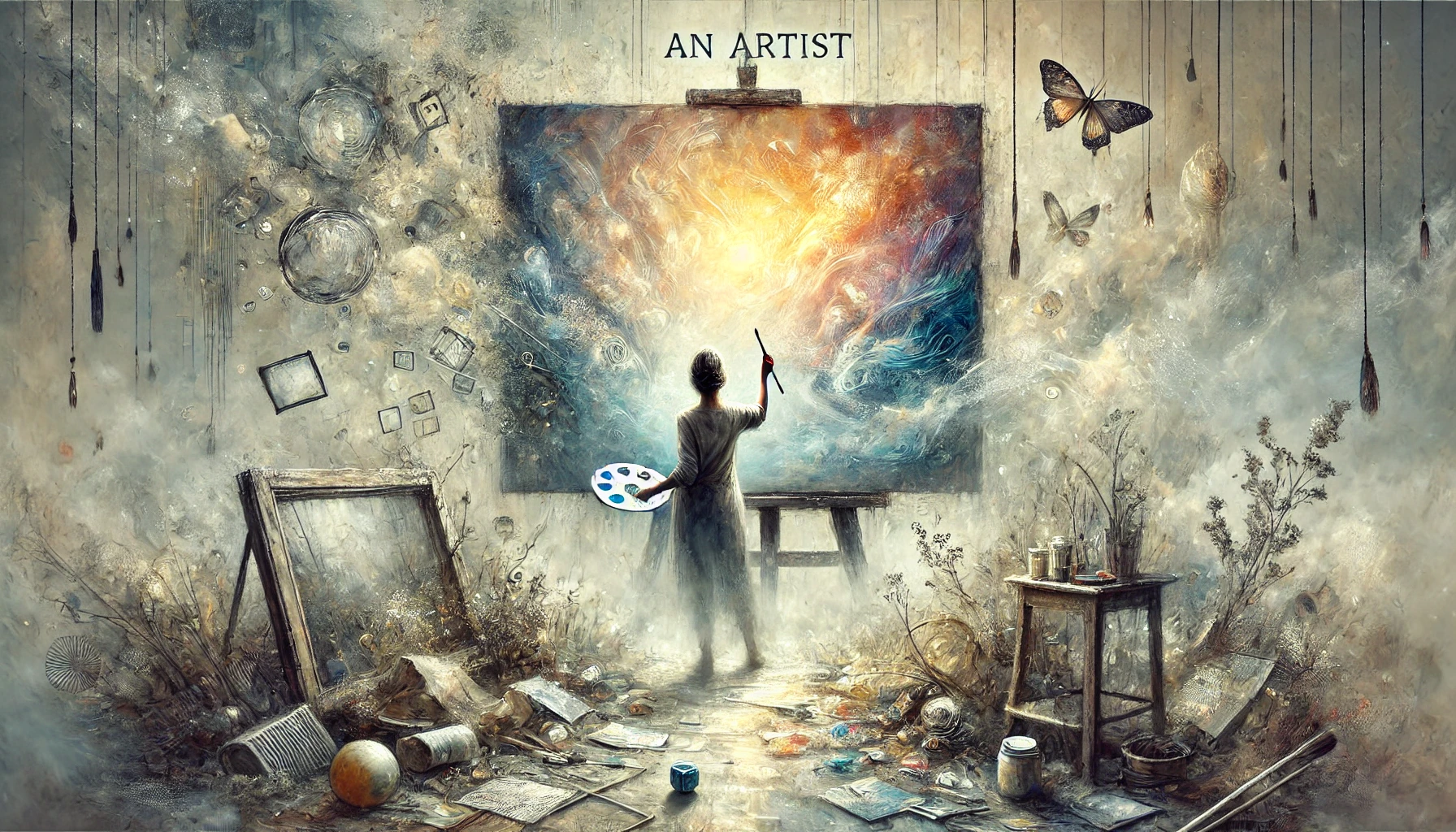
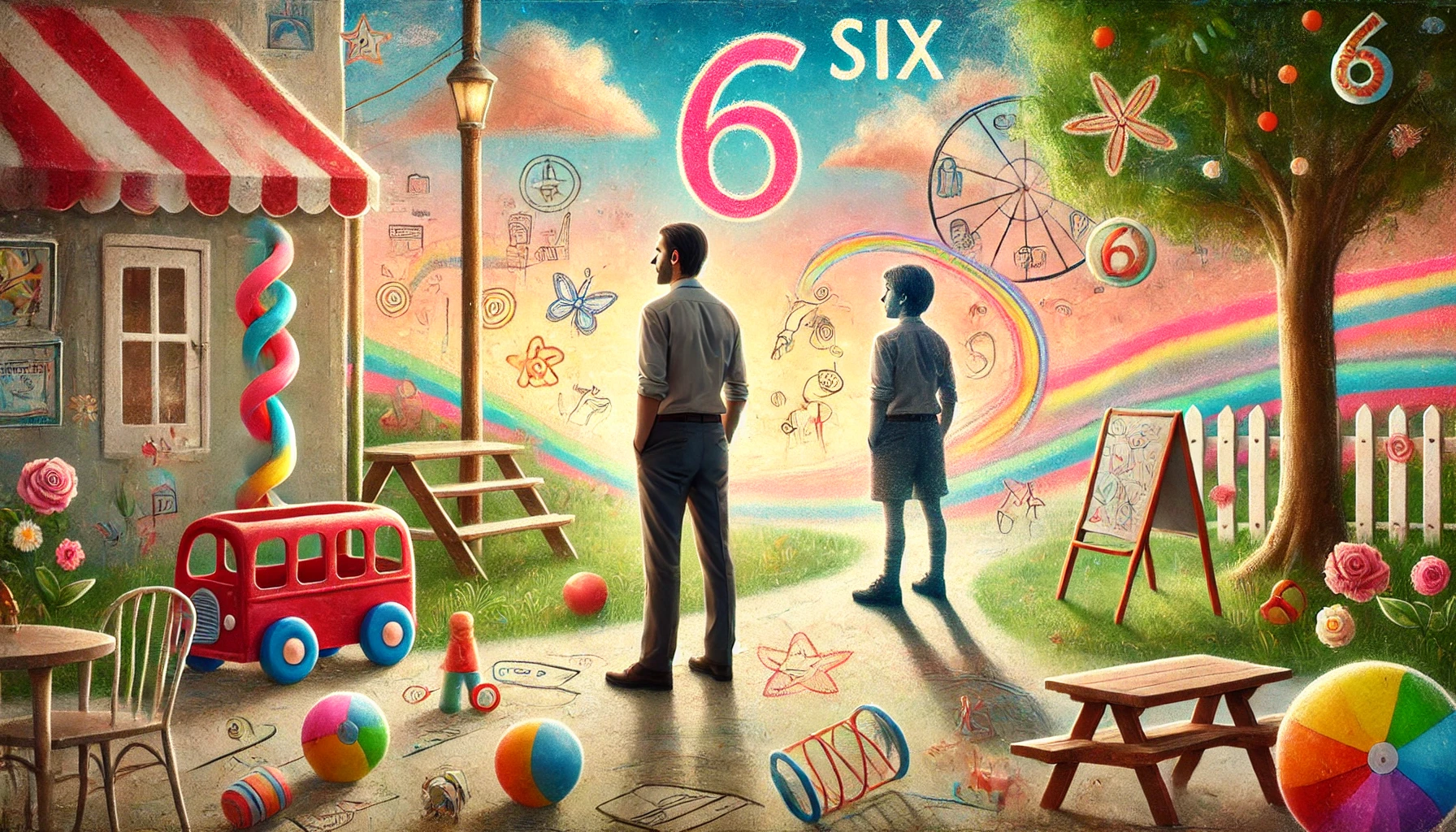
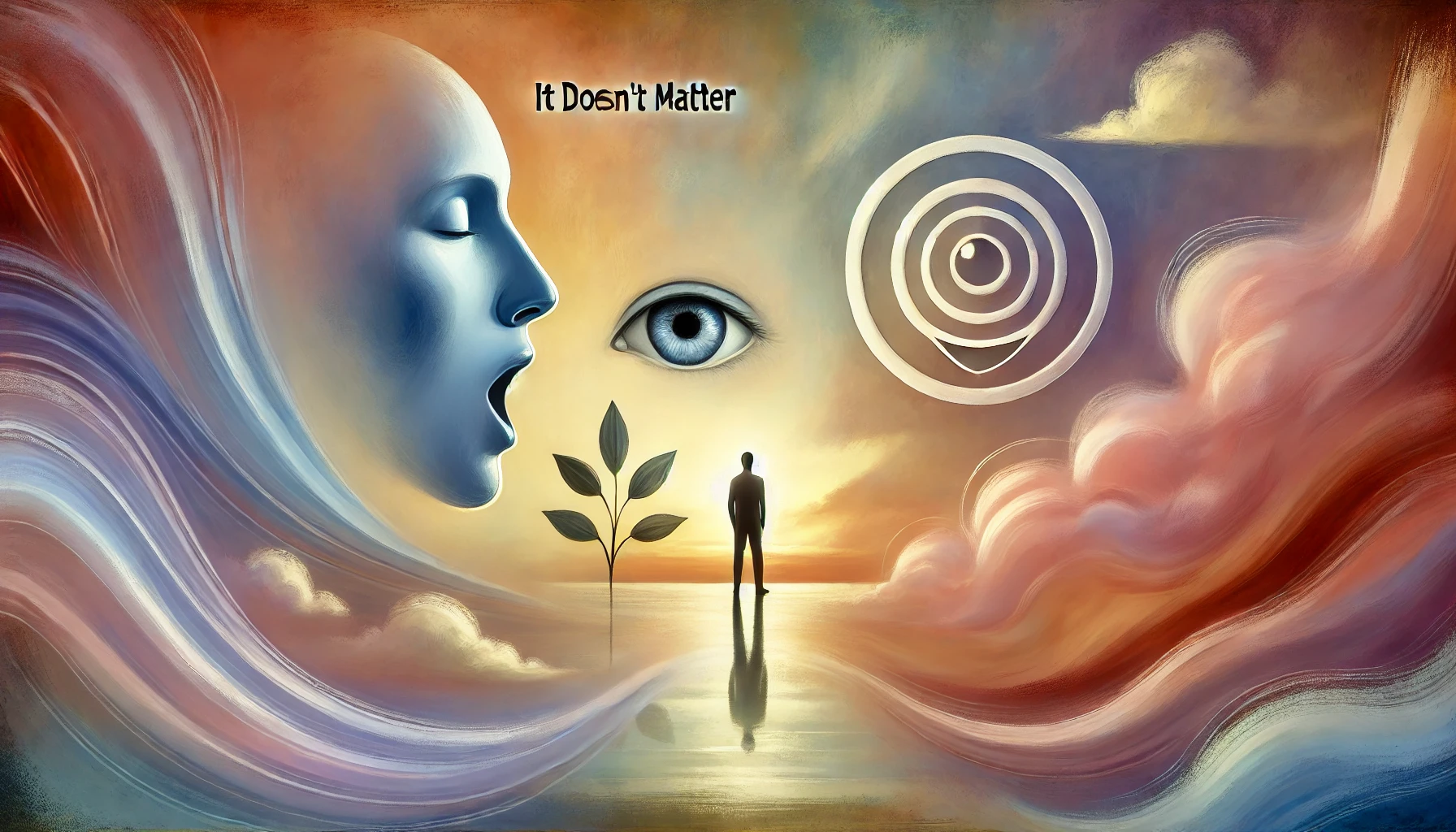

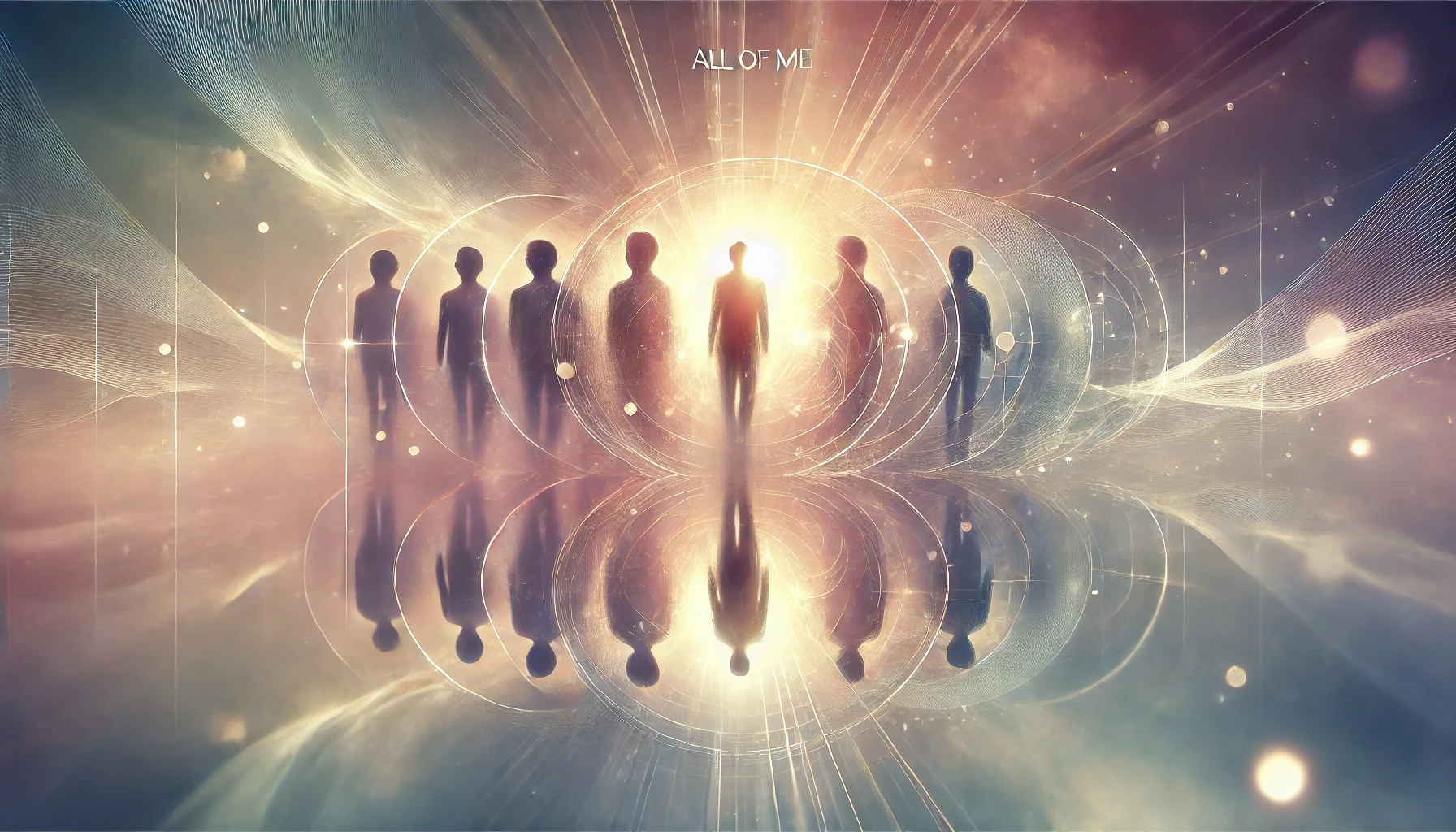
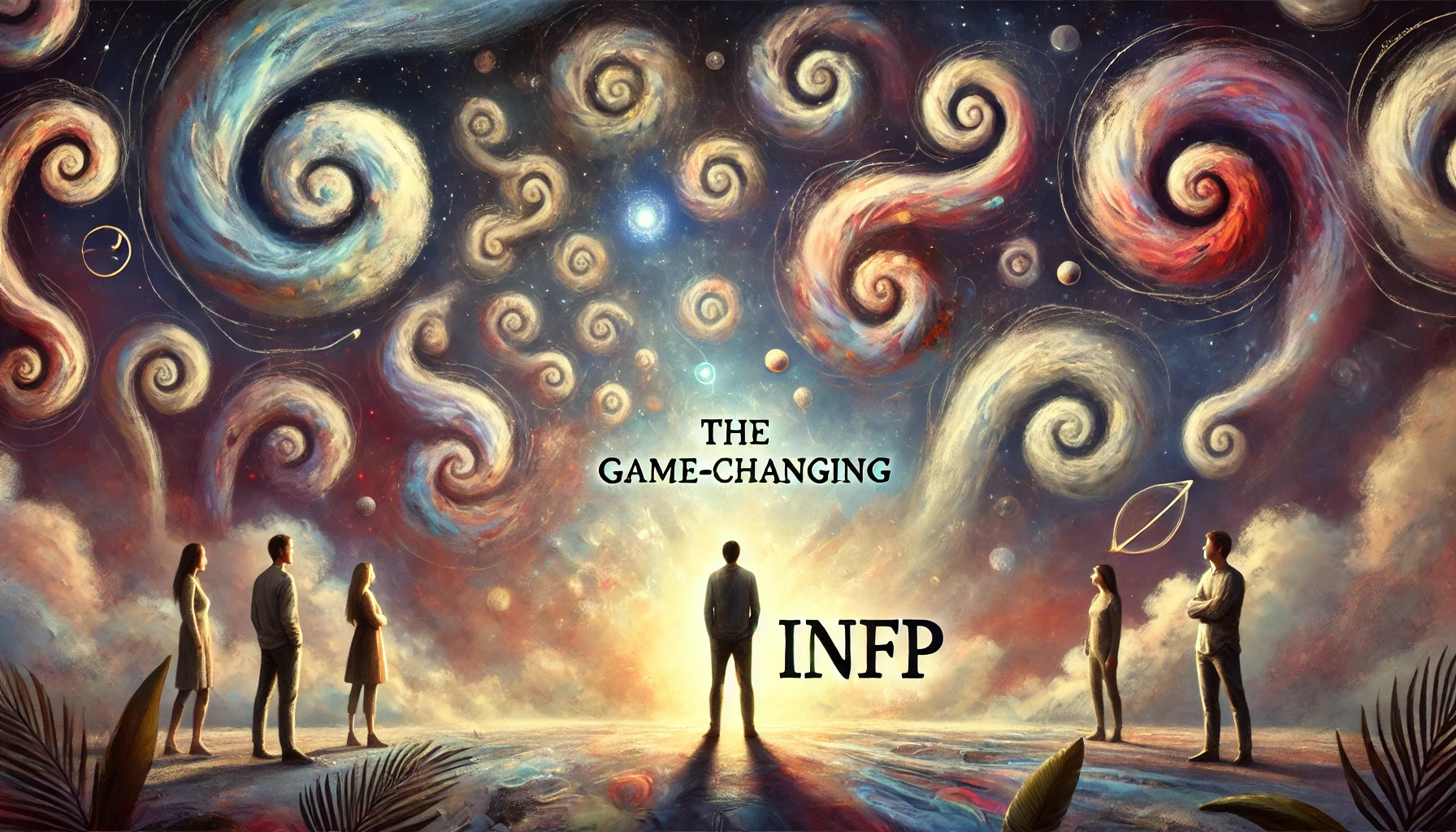

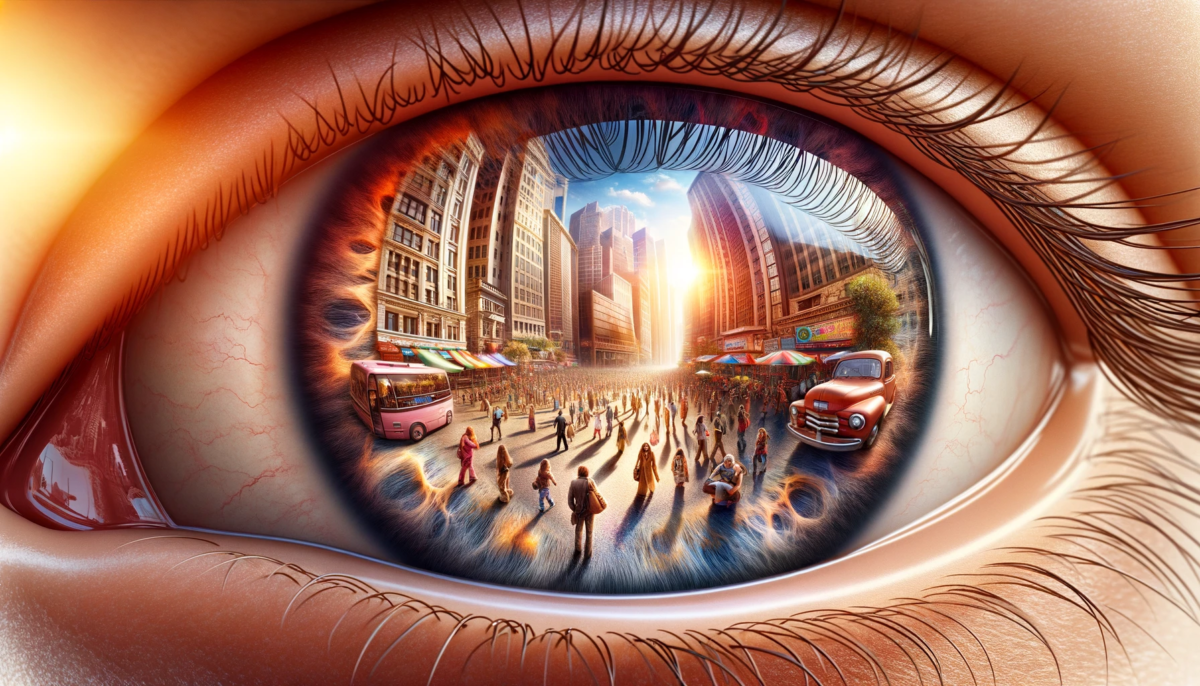
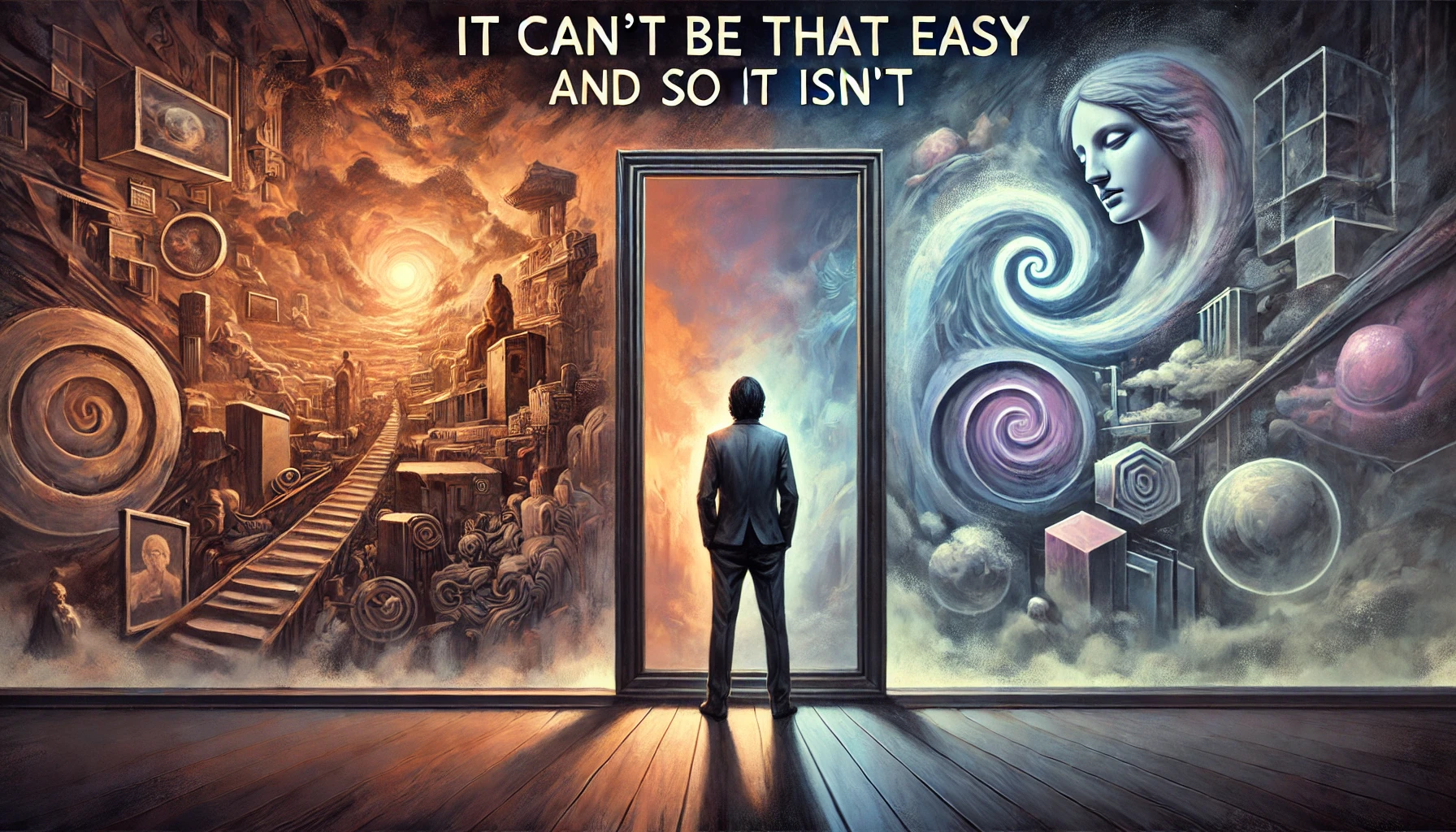
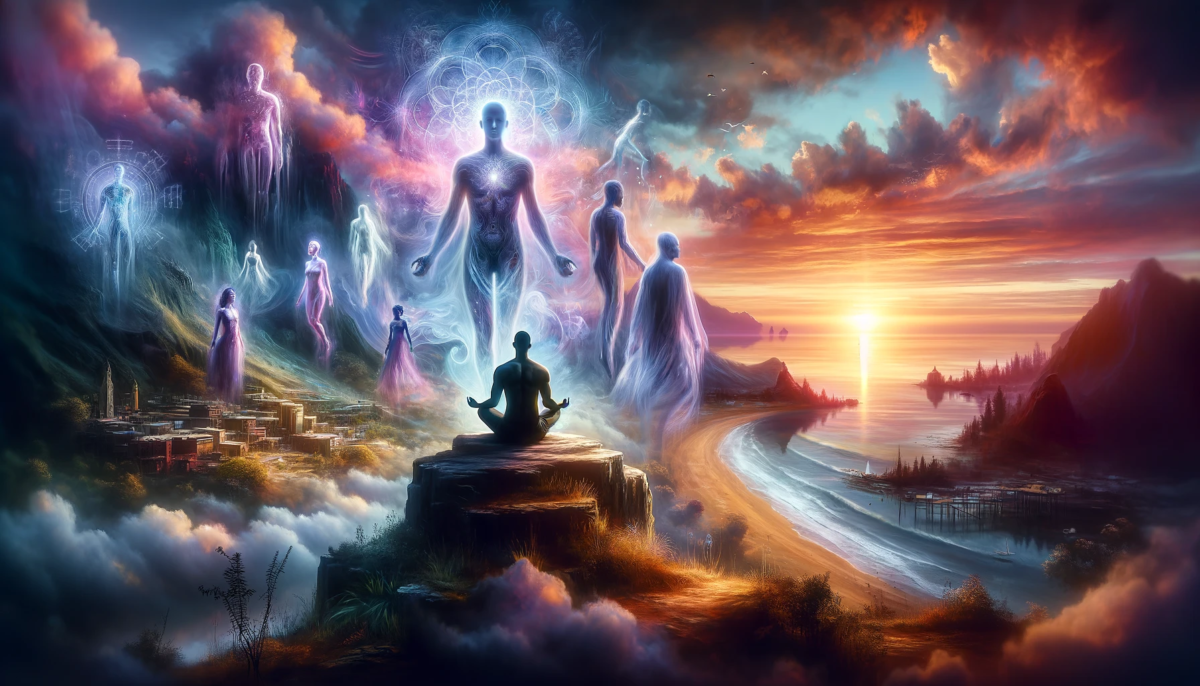

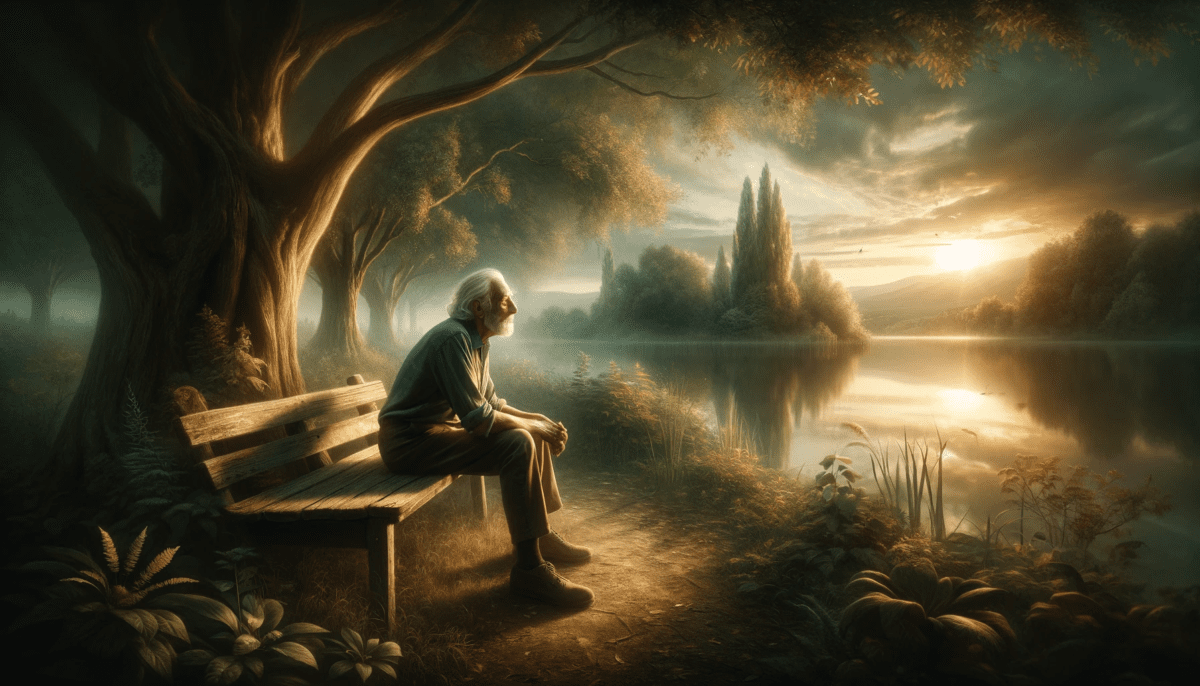
Leave a Reply